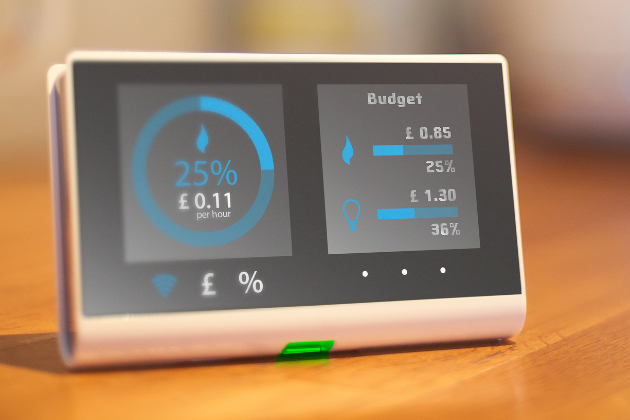When will energy prices go down and things get back to normal? After months of exorbitant bills, millions of people have been asking when energy prices will drop.
With everyone making it even more crucial to find strategies to reduce energy consumption.But given that bills are currently at all-time highs, is there any chance that energy costs will decline in 2023 as wholesale gas prices decline?
When will the heating prices go down?
Any predictions should be treated with a greater degree of scepticism than usual during these unstable times. This crisis will ultimately pass, though, as with everything else. Energy costs are estimated to peak in or around April 2023. This indicates that starting in the summer or fall of 2023, energy costs should start to reduce.
However it is important to know that these circumstances, nevertheless, are incredibly uncertain. Many factors, such as the following, will determine if this occurs and how much energy costs may decrease during the second half of 2023:
- The measures the government adopts
- How the economy develops in terms of inflation, a possible recession, and other factors. Instead, how the economy is doing at any particular time and how this affects the cost of energy.
- How geopolitics changes and how this impacts energy supplies and the energy supply chain, whether positively or negatively
If we're lucky, the energy price cap will be lowered at least once, if not more than once, in 2023. In the event that we have less luck, the energy cap may only see one drop in 2023 but this may increase in 2024.
The Energy Savings Trust predicts that UK energy costs will continue to be high until 2024.
If these forecasts are accurate, we may anticipate a large decrease in energy costs in or around the end of 2023 and possibly into early 2024.

How can I reduce the cost of my energy bills?
Here are some ways to help you lower your heating energy costs:
- Reduce the temperature on the thermostat. You may reduce your heating costs by a few degrees by lowering the temperature. While you're awake, consider setting your thermostat to around 20 degrees celsius, and when you're sleeping, to 16 to 18 degrees.
- Sealing air leaks will prevent warm air from escaping and making your home seem draughty. Look for air leaks near windows, doors, and any other potential trouble spots. To stop warm air from escaping, weatherstripping or caulk should be used to seal them.
- Use window coverings. Drawing drapes or blinds throughout the evening might assist in reducing heat loss via windows. Open the drapes and blinds on south-facing windows during the day to allow the sun heat your house.
- Install a ceiling fan to assist move warm air throughout your home. Ceiling fans work best on the lowest setting. In the winter, make sure you rotate the fan in the other way so that it turns clockwise.
- Consider utilising an electric heater to warm certain areas if you spend the most of your time in one or two rooms. Electric heaters can reduce your energy costs by using less electricity than central heating systems.
- Maintain your heating system. Doing routine maintenance on your heating system may improve performance and save energy usage. Make sure to have a professional heating engineer service your heating system at least once a year.
Want to know more?
Get in touch with our team here at Atom Gas Ltd by calling us on 01227 678047 and we'll be happy to help. Our heating engineers are available throughout Whitstable, Canterbury, Ramsgate, Herne Bay and the surrounding areas. We are happy to answer any questions you may have about your heating systems as we fully understand how difficult these times can be.


